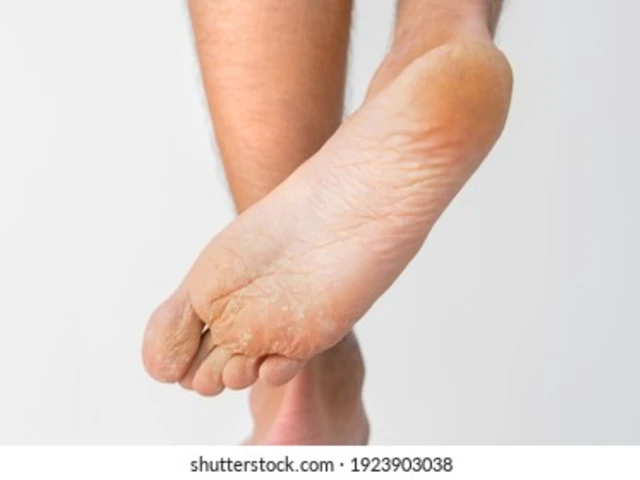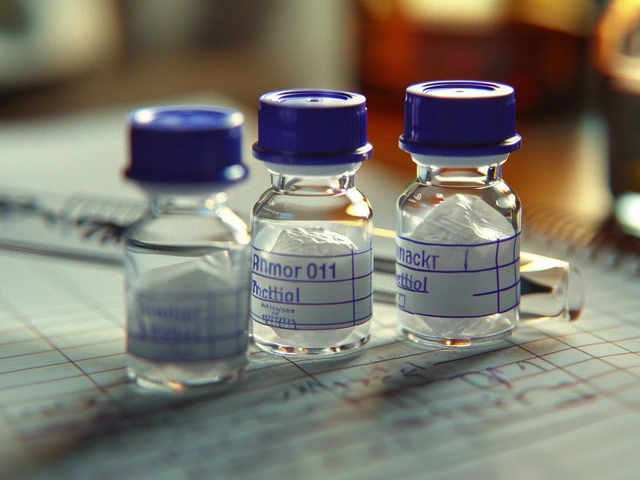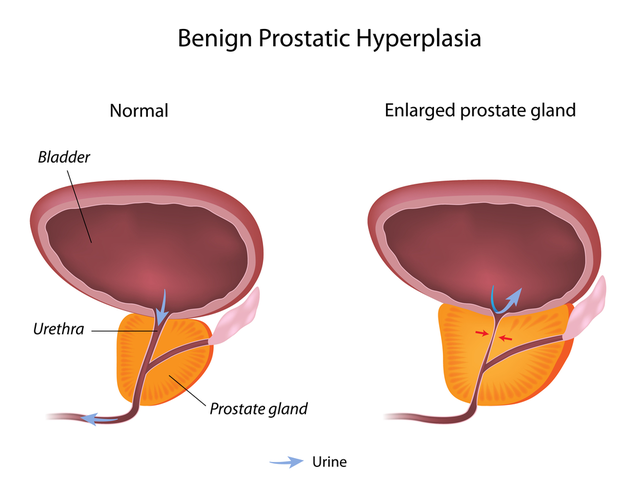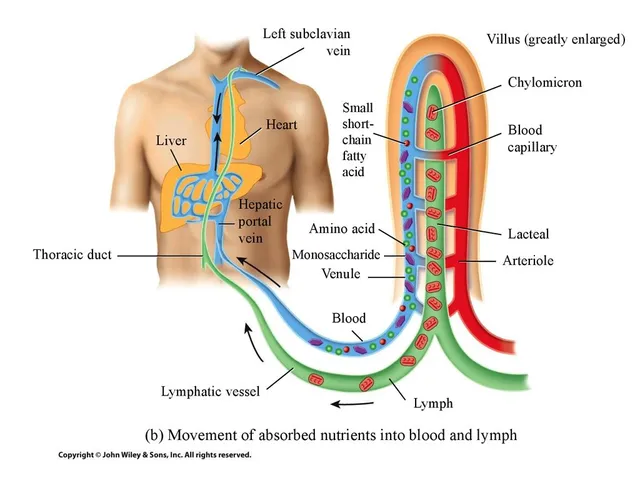Understanding the symptoms of BPH: A comprehensive guide
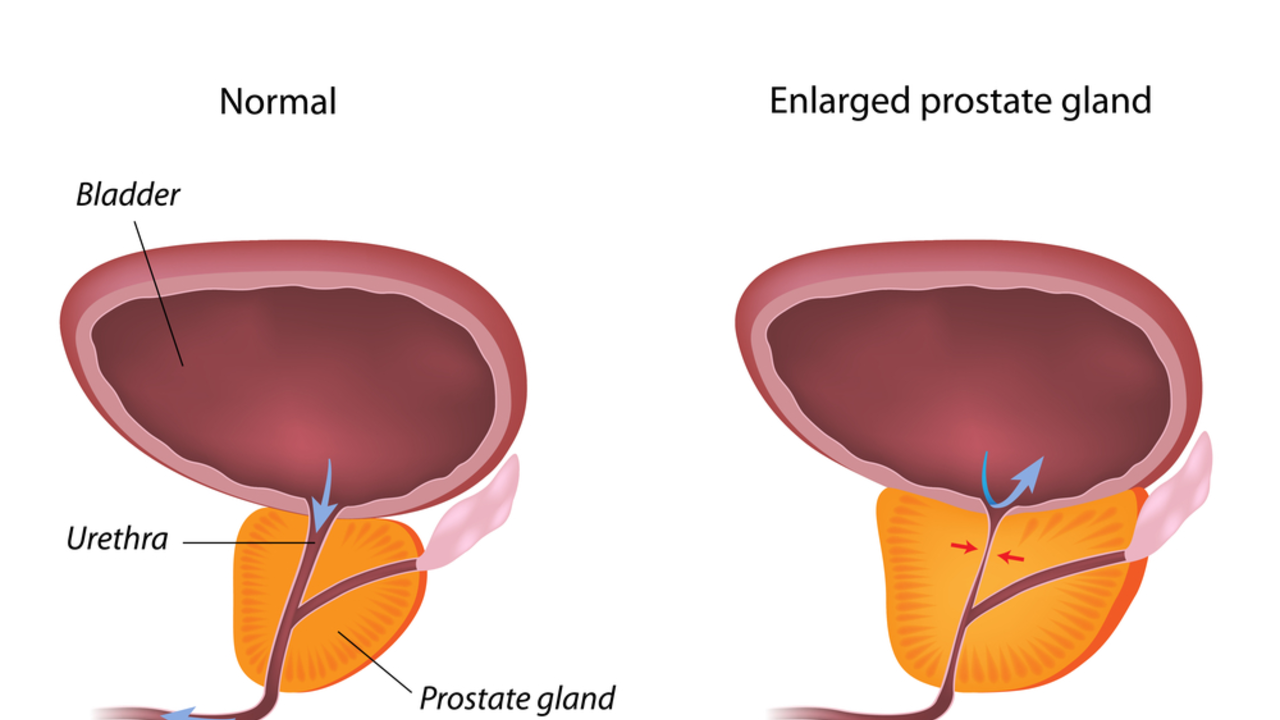
Unraveling the Mystery of BPH: A Sneak Peek
Roll up your sleeves, folks, it's time for us to dive in and first understand what BPH really is. Now, BPH, or Benign Prostatic Hyperplasia, is a fancy name for an enlarged prostate. Not the most glamorous topic of discussion, I know, but it's the reality for many men as they age. If you ask me, turning 50 should come with a guidebook titled 'Now Your Prostate is Going to Start Acting Funny: A Guide'. Men over 50 have a roughly 50% chance of developing BPH, and that chance only increases as they get older.
But what does an enlarged prostate mean? Well, the prostate is a tiny gland that sits between the bladder and the penis. It's about the size of a walnut, and its primary role is to contribute to semen production. When this little guy starts to grow, you can experience a myriad of annoying and often uncomfortable symptoms. But don't whip out your 'End of the World' sign just yet. BPH is non-threatening in terms of cancer, but treating it properly can significantly improve the quality of your life.
Putting a Finger on the Symptoms (No Pun Intended)
Once we've established what BPH is, the logical next step is to explore its symptoms. They can range from mildly annoying to absolutely maddening. They can shake you up a bit, just like my sister's overly excited dalmatian who just can't understand why I don't want to wake up at 5 am for a playdate.
The most common symptoms include frequent urination, especially waking up several times at night to use the bathroom. Sounds fun, right? Just think of it as an opportunity to memorize your hallway's every twist in pitch darkness. Another symptom is difficulty starting urination, which can be as frustrating as trying to remember where you put your car keys when you're already late for work.
Then there's the nagging feeling that your bladder isn't quite empty, even after you've just been, sort of like when you're pretty sure you've forgotten something important, but can't put your finger on it. Other symptoms include a weak urine stream, or flow that starts and stops - akin to your dodgy Wi-Fi signal that's fantastic when you're mindlessly scrolling, but conveniently disappears when you've got an important Zoom call.
Causes of BPH: It's (Mostly) Not Your Fault
Are you scratching your head and wondering why the prostate decides to throw a surprise party for itself? Well, don't answer that. It's a rhetorical question. Age is the most prevalent factor when it comes to BPH. I know, I know. Ageing has already gifted us the joy of slowing metabolism, receding hairline, and this just adds icing to the cake. It's simply the joy of the golden years, my friends! Don't look back in anger (or fear) though. Let's focus on how we can handle this.
On a more serious note, there's currently no known specific cause for BPH, apart from ageing and the presence of testosterone. Fear not, my testosterone-rich friends, you don't have to start considering hormone therapy just yet. More research is needed in this area to understand why some men are more prone to the condition than others. Factors like genetics, hormones, and lifestyle seem to play a role, sort of like a twisted game of Cluedo where you never really know what’s coming.
BPH versus Prostate Cancer: The Showdown
Here's where things get a bit murky and, trust me, you're not alone in feeling a little anxious about it. Here's the headline: BPH is NOT cancerous. Growth of the prostate due to BPH is not linked to cancer. Picture it like this, one is your annoying sibling who intrudes on all your personal space (BPH), and the other is an axe-murderer (Prostate Cancer).
On a serious note though, having BPH doesn’t increase your risk of prostate cancer. It's just as likely or unlikely as anyone else. However, because the symptoms can be similar, especially in their early stages, it's essential to get checked if you feel something is off. It’s like if you find crumbs all over your kitchen floor: it could be a mouse, or it could be your messy family members, but you need to investigate to find out.
Dissecting the Diagnosis Process
So how do you find out if you've bagged the 'enlarged prostate' lottery ticket? Well, the process starts with your doctor, who will ask about your medical history and conduct a digital rectal exam (DRE). Yes, that's exactly what it sounds like. It's a little uncomfortable, much like being stuck in the middle of a heated political debate at a family dinner. But it's well worth it in the end, I promise (the DRE, not the debate).
There are also various tests like PSA (Prostate-specific antigen) blood test, which can help identify any potential issues. The numbers game is strong with this one as a high PSA count can be a sign of cancer. But relax, it's not always the case. Just think of it as being on a rollercoaster, but you've been buckled up for safety! Other tests can include a urinalysis or an ultrasound.
The Never-Ending Quest for Effective Treatment
Finally, let's explore how we can tame this wild prostate. Various treatments are available, ranging from medication to minimally invasive therapies, and even surgery. The approach taken largely depends on the severity of your symptoms and the impact on your quality of life. A mild case may just require lifestyle changes or monitoring. Yes, you heard it right. Sometimes doing absolutely nothing is the best thing to do. If only such logic applied to house chores!
For moderate or severe symptoms, medication is often the first port of call. There are different types of drugs, such as Alpha blockers, which relax the muscles around the bladder, and 5-alpha reductase inhibitors, which can help shrink the prostate. It's a bit like having a Bruce Banner to Hulk situation, and then convincing Hulk to go back to being good old Bruce.
If medication isn't cutting it, or if your symptoms are really severe, there are several procedures available, including minimally invasive treatments, or even surgery. It's important to discuss these options thoroughly with your doctor, weigh up the risks and benefits, and decide on the best treatment for you. Because at the end of the day, the goal is to make your life better, not to make you feel like a pin cushion for various medical instruments.
RELATED POSTS
